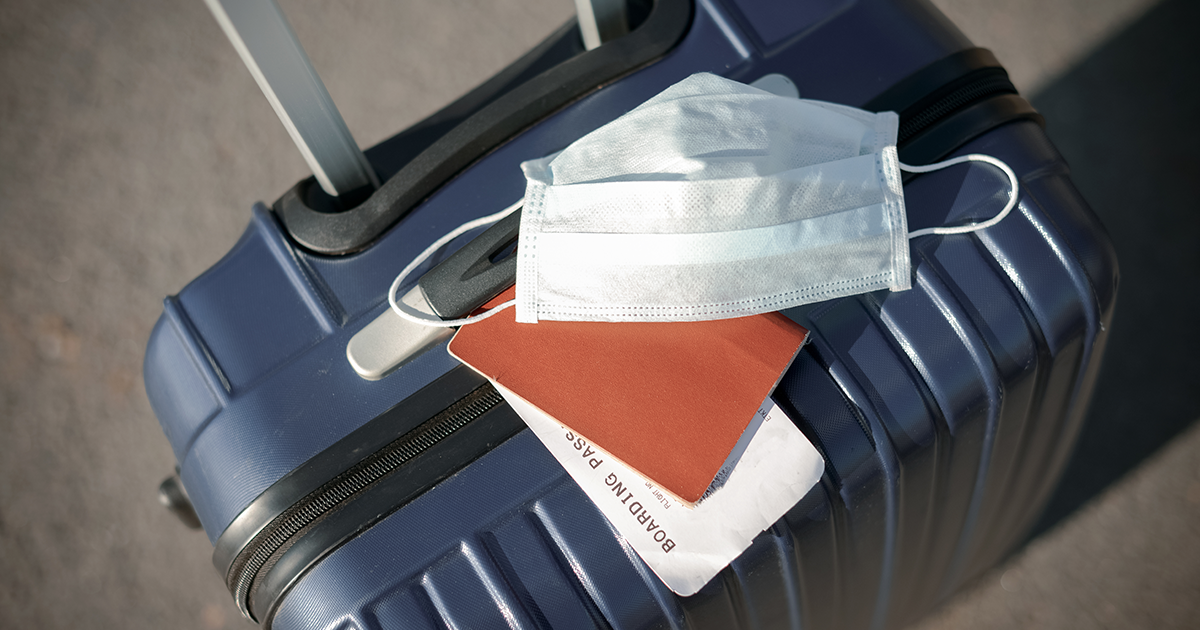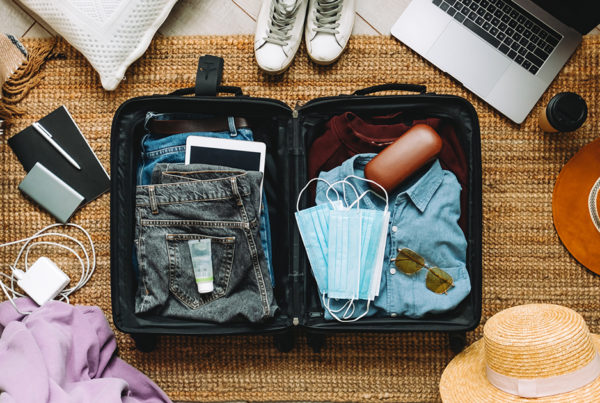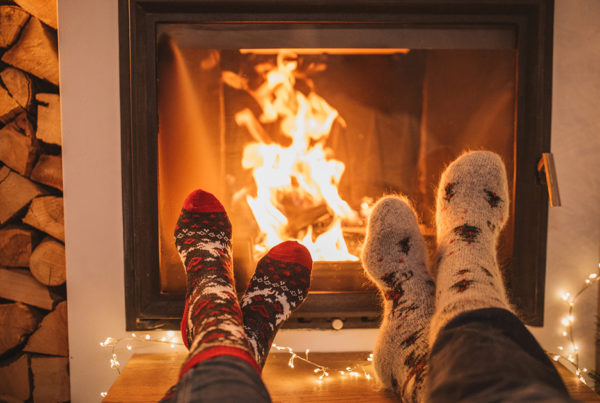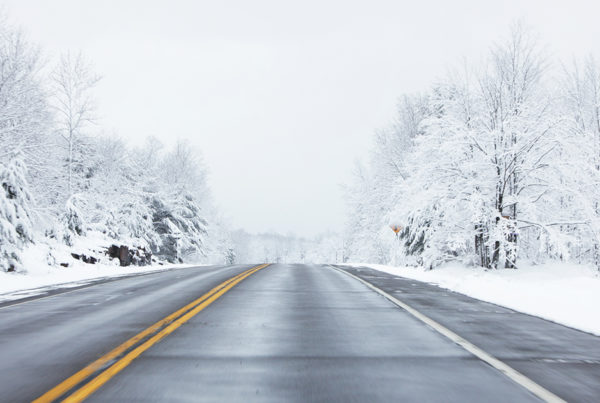Ahhh…sunny days by the pool, backyard barbecues with family and friends, refreshing getaways to exciting locales. And then…2020. This is not the summer any of us pictured, and wrapping our minds around the fact that we may not be vacationing anywhere— other than our own backyard—for a while can be a tough pill to swallow.
If traveling is still on your summer agenda, there are some safer ways to hit the road or skies, and tips for adapting your plans to the new normal.
Coronavirus Travel Advice
- Step up your planning game. There’s more research needed these days than just ‘where to stay’ and ‘what to eat.’ Before picking a place, review the number of COVID-19 cases and hospitalizations at your destination. If numbers haven’t been decreasing for at least two weeks, you may want to try somewhere else.Different states and even cities have varying coronavirus travel restrictions on what you can and can’t do, what’s open and what’s not, and whether you have to quarantine after arriving. (Check your city, as well, to know if you’ll have to quarantine when you get back!) For a smooth and enjoyable trip, knowing the rules in advance will let you pack and plan accordingly.
- Determine your coronavirus risk tolerance. Weigh the risks and benefits of different travel options, and review CDC travel tips to help you make a decision. Air travel can put you in close contact with other people, but there are stringent hygiene measures on planes and at airports. Air circulation and filtration systems on planes can actually help reduce the spread of germs. In your own car, you have more control over contact with others, but you may need to stop more and you’re more limited to where you can go. Staying at a hotel or vacation rental has similar levels of risk, so if you opt to stay with loved ones, really think through whether it’s safe to do so. If you have both been carefully social distancing and are low risk, that might be preferable to staying at a hotel.
- Pack your car like a coronavirus master. Many people are choosing to take to the open road to explore nearby destinations. Whether driving your own car or renting an RV, try to carry as much as possible with you, including:
- Disinfectant wipes
- Hand sanitizer
- Masks
- Food, dishes and utensils
- Plenty of medicine and other products, from toothpaste to a first aid kitHaving all these supplies along for the ride will reduce the number of stops you need to make and minimize contact when you do roll into a rest-stop.
After a stop, wash your hands thoroughly and/or use that hand sanitizer, and go ahead and wipe down the inside of your vehicle for good measure.
- Meal plan for vacation. It may seem counterintuitive—vacations are for taking a break, after all—but by planning ahead and packing at least a few meals (and plenty of snacks) you can not only save some money, but also minimize your exposure. Think simple foods you don’t need to warm up like muffins or bagels with fruit and yogurt for breakfast, subs or sandwiches with veggies and dip for lunch, and walking tacos (just prep your meat before you go) for dinner.Also, try to plan your stops in advance. Some places like restaurants and rest areas may be closed, and others may have rules or limited service options. Research where you hope to stop to make sure they’re open and that they’re also taking precautions to protect customers. This prep work can also help you stick to your travel budget by avoiding more expensive restaurants or surcharges on having food or groceries delivered.
- Snag that window seat. If flying is the only way to get where you need to go, check your airline to see what their rules are, as well as how they plan to keep you safe.When booking your seats, try to select seats away from other people; some research shows that window seats are safer than middle or aisle seats. You might pay more to select a specific seat, but it may be worth it if you’re able to keep more social distance.
Wherever you end up sitting, take disinfectant and wipe down all hard surfaces that you might touch. Throughout your trip, wear a mask or face covering unless eating or drinking. If you need to use the restroom, touch as little as possible, wash your hands for at least 20 seconds, and try to avoid lines or crowded restrooms where you may be in tight spaces with lots of people.
As we’re all learning this year, most options come with some compromises and risk, and all we can hope is to make the best choices for us and our family. No one wants to let a summer go by without making some memories, so do your research and plan ahead to help you stay safe while traveling during the coronavirus while still enjoying a few summer adventures.






 Federally Insured by NCUA |
Federally Insured by NCUA |  Equal Housing Opportunity |
Equal Housing Opportunity |